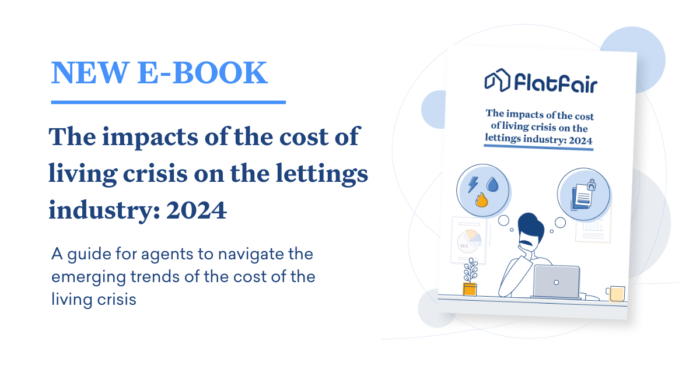Agents Apr 15, 2024 < 1 min read
E-BOOK: The impacts of the cost of living crisis on the lettings industry 2024
The escalating cost of living has rapidly and significantly impacted the UK lettings industry. Agents are working…

The coronavirus pandemic has upended many aspects of life that we used to take for granted. As lockdown restrictions begin to be lifted, and things gradually start returning to normal, we’ve delved into all of the government’s guidelines to help landlords navigate the weeks and months ahead.
Every business, including ours, is working out how to best manage their response to the pandemic, and landlords are no exception. Read on to find out how to stay on top of your obligations, and how to be ready to mitigate any risks that arise as we move forward together.
Tenants are still obligated to uphold the terms of their tenancy agreement. But the government has recommended that in the case that they are unable to pay their rent that landlords and tenants discuss other payment options as early as possible.
This is a tough time for everybody, and if your tenant is struggling, you should think about whether you are best served by allowing them to defer a portion of their rent payments to a later date.
By making this effort to mediate with a tenant, and including time stamped correspondence, you will be in a better position down the line if you have to repossess the property. Housing Secretary Robert Jenrick has made it clear that landlords will need a trail of evidence showing they attempted to engage with their tenant over a rental repayment plan for any possession proceedings once courts reopen.
Resolve was launched by flatfair to enable these conversations between landlords and tenants in an easy and transparent way. Resolve enables landlords to negotiate and agree on rent arrears payment plans and provides you with the necessary paperwork and audit trail to document the agreement between all parties concerned.
It has been agreed by mortgage lenders to help homeowners during this COVID-19 pandemic. In the case that tenants cannot pay rent for a home, the landlord is entitled to payment holiday where interest would still accrue during this period and monthly payments would rise. This request date has now been extended to 31 October 2020.
Court action is suspended around new or existing claims of possession as of 27 March for a 90 day period. The government is still considering extending this, so you should check the latest update before taking any action. Landlords will not be allowed to start any court proceedings once they resume unless they have given their tenants at least three months notice.
Tenants continue to have the right to a home that is safe to live in. The government encourages tenants and landlords to make a judgement to whether a specific repair is necessary at this time. If it would affect their health or is hazardous, it is recommended that these repairs will need to be carried out.
Landlords are to abide by the existing gas and safety rules but are encouraged to use the same judgement as they would towards doing repairs.
All necessary gas and electrical safety certification should still be provided by the landlord at the beginning of the tenants tenancy.
This is a quick run down of some important guidelines that the government has put forward. To find out more about the Government’s COVID-19 Guidelines for landlords and tenants read here.

The escalating cost of living has rapidly and significantly impacted the UK lettings industry. Agents are working…

Deposit alternatives are becoming increasingly popular – in part due to the cost of living crisis. Tenants…